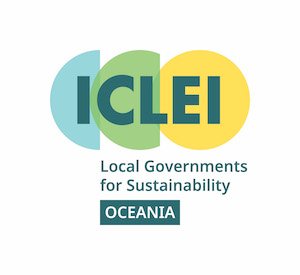The fires impacted over 100 local government areas burning 24 million hectares, killing 33 people, destroying more than 3,100 homes, and caused the death and displacement of an estimated 3 billion animals.
While the Royal Commission said State Governments hold most of the responsibility for the protection of life, property and the environment, they also must ensure local governments have the capacity and capability to perform their roles in disaster management.
Read MoreICLEI and Swinburne University have now conducted interviews with the first group of 9 CitiesWithNature Pioneer councils. The interviews are designed to learn about council priorities for nature-based solutions and to develop the best way for the research community and ICLEI to support their work. More interviews will be conducted in the coming months and at least one focus group webinar will be held to discuss the findings with interviewees.
Read MoreThe Australian Local Government Association (ALGA) has supported the recommendation by the CSIRO that all jurisdictions should work with local government to improve climate and disaster resilience. This specific recommendation is one of 25 in the CSIRO’s Climate and Disaster Resilience report. A more integrated and long-term approach to landscape management and hazard reduction was also a priority recommendation from a new report by the Emergency Leaders for Climate Action and the Climate Council.
Read MoreIf managing multiple disasters at a time will be the new normal, how can local governments and their communities simultaneously manage recovery efforts while coping with concurrent disasters? This may be a significant turning point for the reconceptualisation and reintegration of “resilience” into all aspects of local government disaster planning.
Read More





